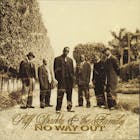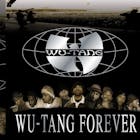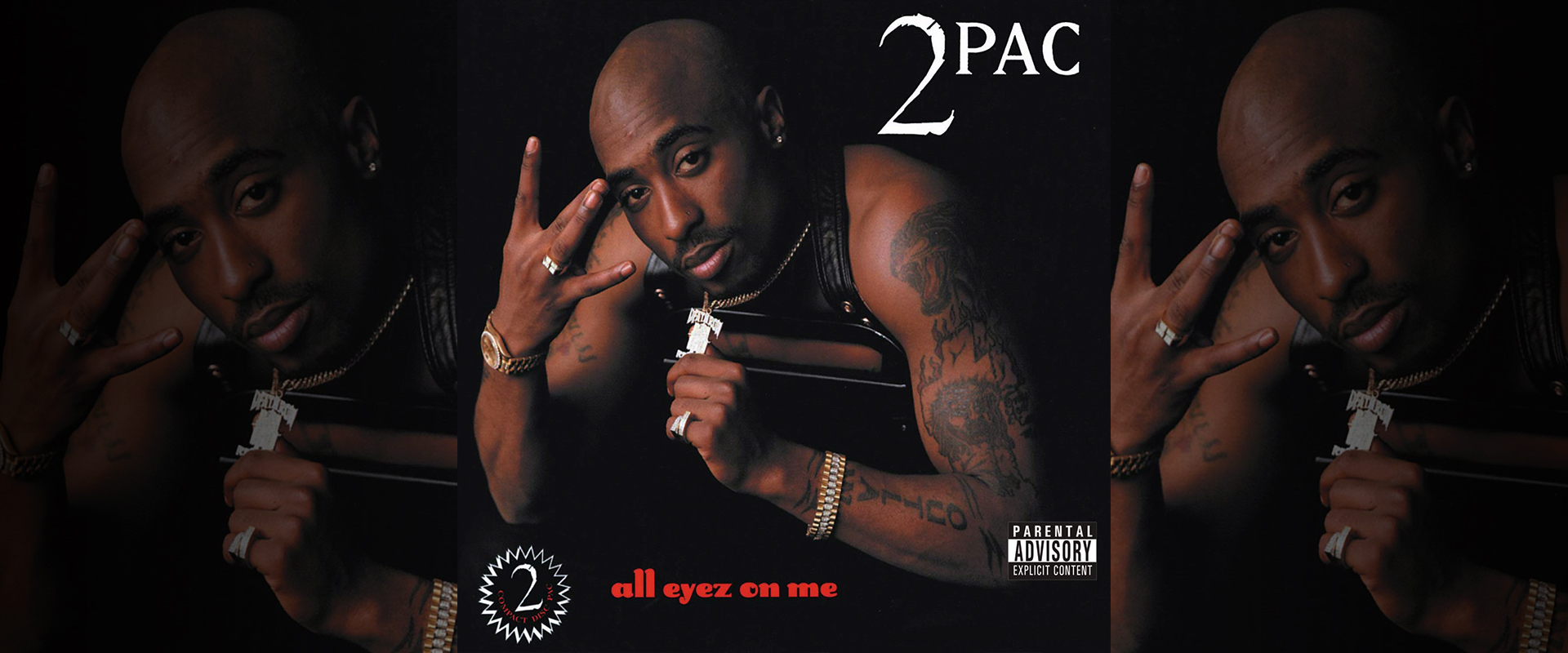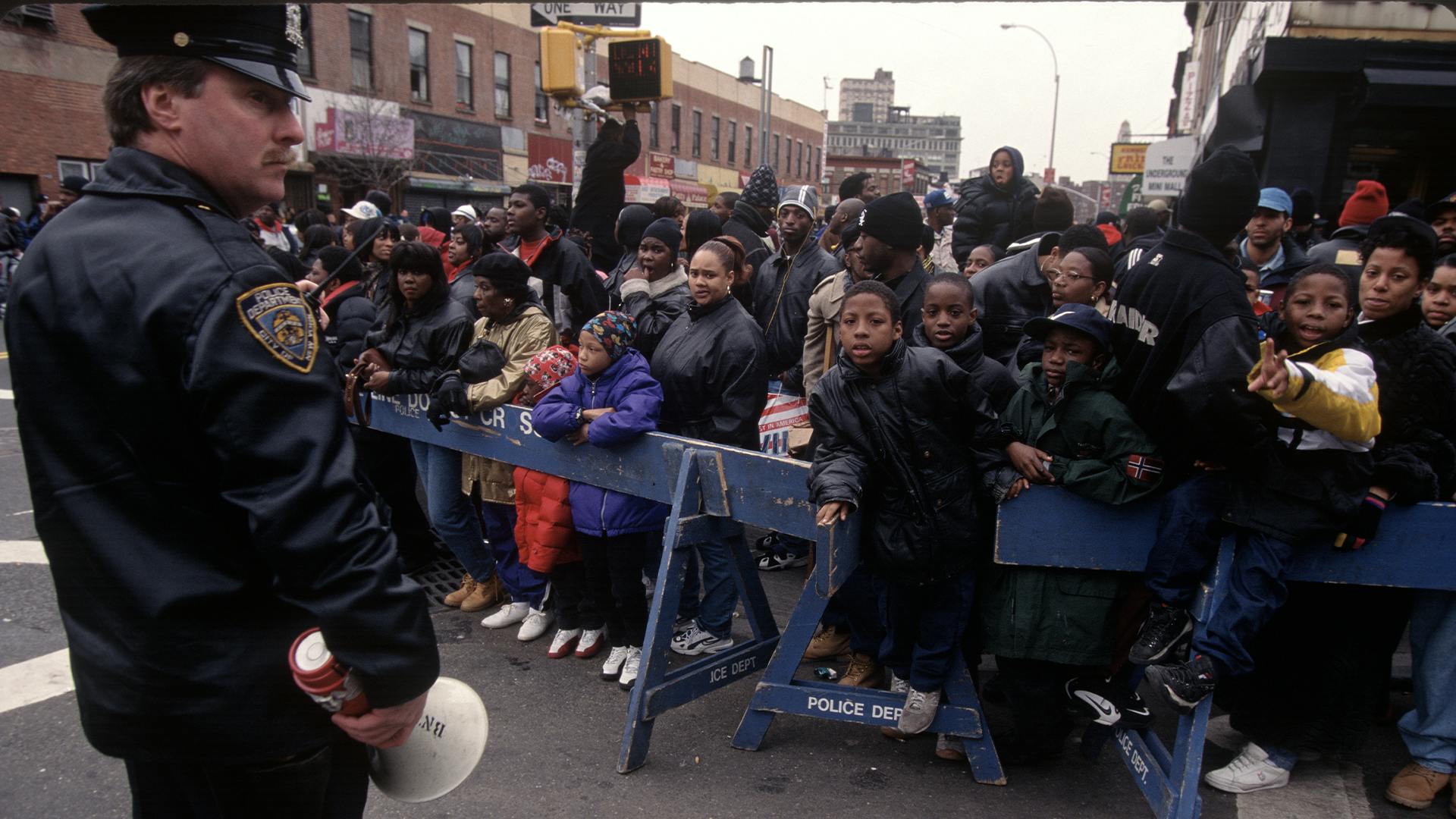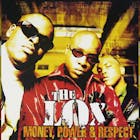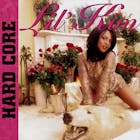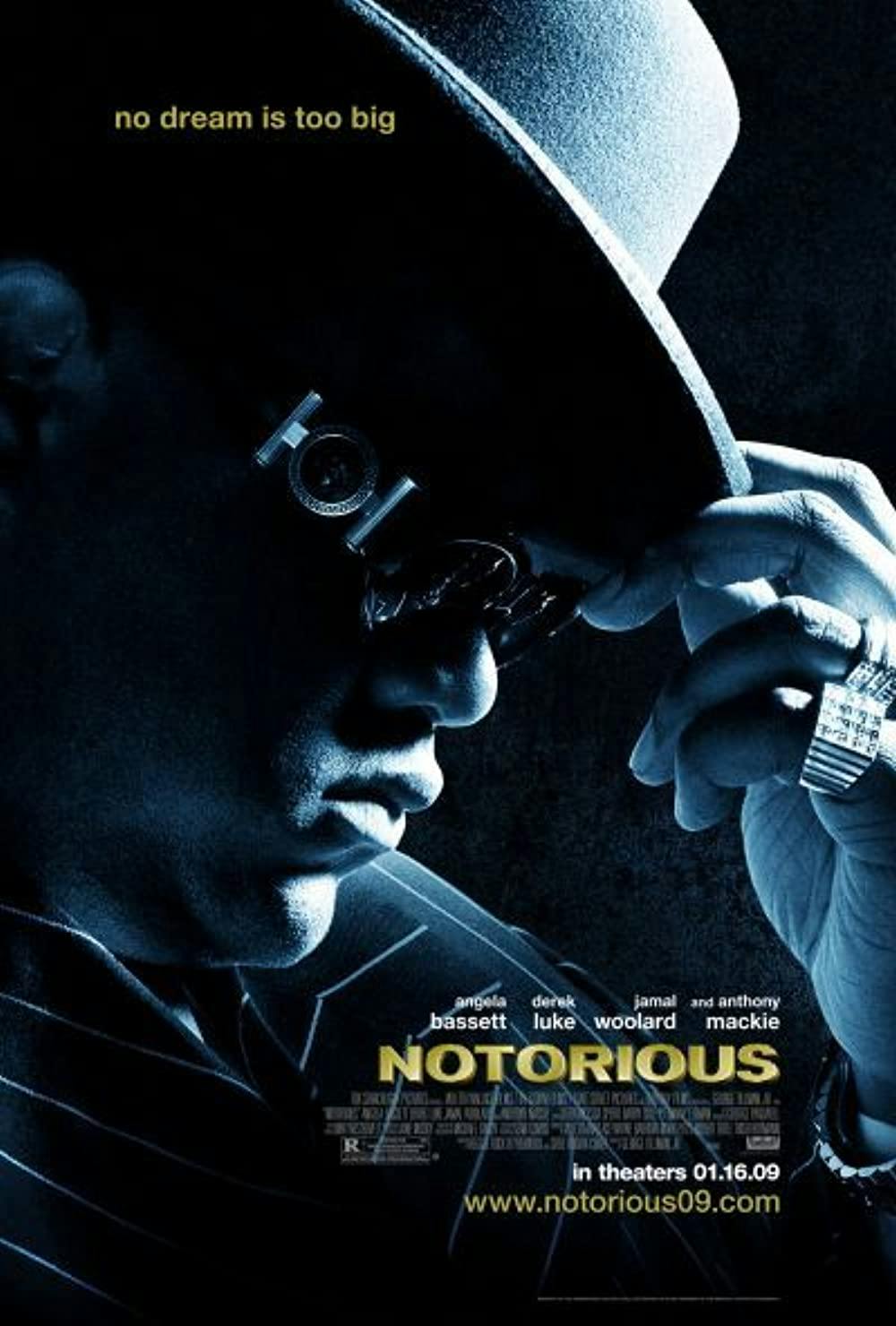Classic Albums: 'Life After Death' by The Notorious B.I.G.
Classic Albums: 'Life After Death' by The Notorious B.I.G.
Published Fri, March 25, 2022 at 5:20 PM EDT
“That was the first time I really looked into his face. I looked into his eyes and I was like, 'Yo, this nigga is really buggin’ the fuck out.'”
“I had to wake him up…it was time to get back into the game,” Puff recalled in 2017.
The clouds seem to part on "Hypnotize," the album's uber-infectious first single. The song became one of Biggie's biggest hits, but its slick hook belies the darkness in the lyrics.
Disc One closes with two songs that arguably best illustrate B.I.G.'s gifts as a storyteller: the darkly unsettling violence of "NIggas Bleed" is positioned right next to the comedic classic "I Got A Story To Tell."
The jubilant "Sky's The Limit" is another one of the lighter moments on "Life After Death." The 112-assisted hook sets perfectly against Biggie's rags-to-riches lyrics. A spiritual sequel to "Juicy," the song is also memorable for it's music video, which featured kids dressed as pint-sized Bad Boy stars.

Never seen Cristal pour faster, until those bastard knuckleheads squeezed lead..."
- "You're Nobody Til Somebody Kills You"

